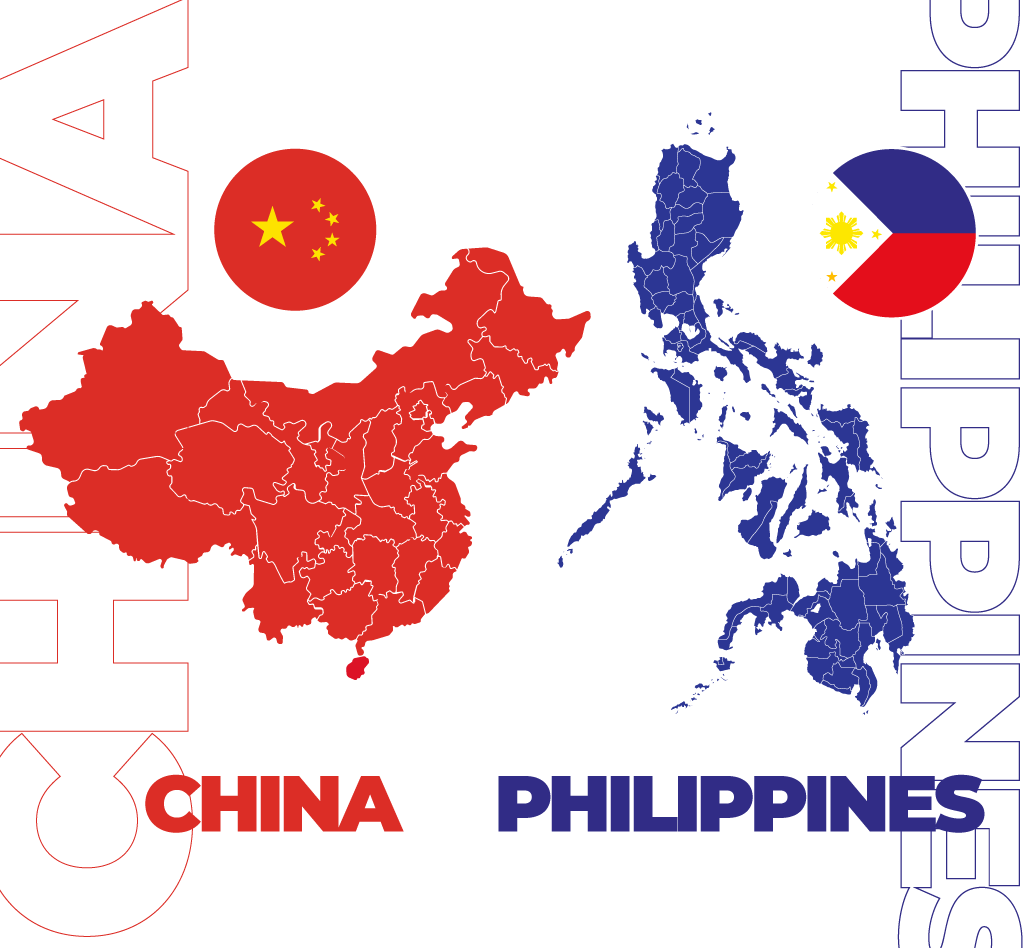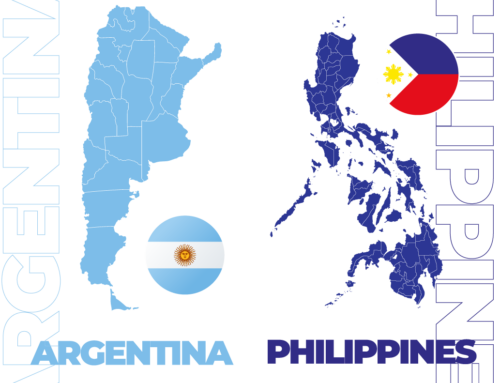Asia has long been a giant in the global offshore outsourcing market. Foreign firms such as Amazon, Nike, and Google frequently choose Asia over other outsourcing regions thanks to its cost advantages, skilled talent pool, and established infrastructure.
As global demand for skilled accountants rises, businesses are increasingly turning to offshore solutions in Asia to meet their staffing needs cost-effectively. Two prominent offshore destinations — China and the Philippines — offer distinct advantages in Asia’s competitive offshore outsourcing market.
Overview of China and the Philippines as Offshore Destinations
-
China: A Global Offshoring Powerhouse
China has long been recognized as a global leader in offshoring. Since its government opened the country to foreign investment, it’s become known as the “world’s factory floor,” cementing its reputation for low-cost, high-volume manufacturing.
China’s offshore outsourcing landscape is rooted in major cities like Beijing, Shanghai, and Shenzhen. Its advancements in technology and robust infrastructure make it a preferred destination for companies seeking technical expertise and innovation.
-
The Philippines: A Capital in the Global IT-BPM Industry
The Philippines is the 12th most attractive country for offshore services worldwide. It is a key player in Asia’s offshore outsourcing landscape, especially in client-facing, detail-oriented fields like accounting and finance outsourcing. While China excels in technical and manufacturing services, the Philippines has developed a distinct advantage in offshore accounting.
Currently, demand is very high for Filipino professionals, especially in roles requiring specialized skills like technology, finance, and legal outsourcing. Filipino staff are also much sought after for their soft skills – easy to train, highly adaptable, and able to think outside the box.
Philippines Vs. China: Which Country to Choose for Offshore Accounting?
The demand for offshore accountants is rising due to the prevailing shortage of qualified accountants in the US. According to Bloomberg, there are 340,000 fewer accountants today than there were five years ago. As companies struggle to fill these roles locally, offshoring offers a solution to fill the talent gap and maintain operational efficiency.
China and the Philippines are two of the top offshore destinations in Asia. When seeking cost-effective services and highly skilled professionals, companies often find themselves comparing the unique advantages each offers. Are you considering offshoring to one of these two countries? Here is a comparison of their relative strengths.
-
Government Support
The Philippine government actively supports the offshore outsourcing industry because it contributes 7% to the country’s total GDP. The government promotes the BPO industry through programs like the IT-BPM roadmap. Launched in April 2023, the roadmap outlined initiatives to upskill the industry workforce through stakeholder partnerships and training programs. These efforts resulted in 1.7 million new jobs in 2023.
The Philippine government also promotes industry growth through implementation of the following laws:
- R.A. 10844: Department of Information and Communications Technology Act of 2015
This law established the Department of Information and Communications Technology (DICT). The DICT supports BPO companies by ensuring reliable internet connectivity and efficient communication systems.
- R.A. 10173: Data Privacy Act of 2012
The law provides strict data privacy regulations for businesses handling sensitive information. This generates confidence for international clients by assuring global privacy standards for the protection of customer data.
- R.A. 7916: Special Economic Zone Act
This law facilitates the creation of special economic zones, which offer incentives such as tax breaks, exemptions from certain duties, and other business-friendly policies.
While China has its own Five-Year Plans (currently on their 14th!), they are more generalized and not focused on the BPO industry. The country’s outsourcing initiatives are also often overshadowed by broader manufacturing and technology priorities, given China’s status as a manufacturing powerhouse.
2. Cost-Effectiveness
China’s labor costs were once the lowest in the world. However, economic shifts over the past decade have driven up wages in urban areas, especially where many outsourcing companies are concentrated.
Based on Livingcost’s data, the average monthly salary expectation in the Philippines is around $392, which is significantly lower than China’s $864. Offshoring to the Philippines allows companies to access skilled talents at a fraction of the cost. Moreover, despite lower salaries, the Philippines maintains a high level of service quality, thanks to its English-proficient workforce and cultural adaptability.
3. Workforce and Specialized Skills
The Philippines and China both produce skilled accountants and have partnerships with global firms like the Big Four (KPMG, Deloitte, PwC, and EY). However, the two countries differ in their approach to meeting international standards for accounting and auditing.
The Philippines has a highly skilled pool of accountants who are proficient in International Financial Reporting Standards (IFRS), taught at universities and professional accounting programs. After graduation, many Filipino accountants begin their careers with global giants such as Ernst & Young, Deloitte, PwC, KPMG, and Grant Thornton. This experience provides new graduates with valuable exposure to US and international accounting practices, taxation, and legislation, making them excellent partners for American firms.
China’s accounting industry, while large, has faced significant scrutiny over accounting and audit quality. A 2023 inspection by the Public Company Accounting Oversight Board (PCAOB) uncovered widespread issues in their audit reports. The PCAOB’s findings highlight concerns over the quality of financial reporting in China, with firms failing to meet the required standards for US-listed companies. This problem underscores the advantages of choosing offshore accounting services from countries like the Philippines, where international standards and regulatory compliance are more firmly upheld.
4. Cultural Compatibility with the West
The Philippines’ deep cultural alignment with the United States has played a significant role in its appeal as an offshore accounting destination. With a history of close ties dating back to the late 19th century, American culture has become deeply embedded in Filipino society. English, the primary mode of communication in schools and workplaces, further facilitates seamless integration with offshore staff in US companies.
In contrast, while China has made strides in modernizing its economy, its cultural and business practices are less aligned with Western norms. Historically, China’s business culture has been shaped by its Confucian values, which emphasize hierarchy, respect for authority, and a more formal, indirect communication style. These cultural differences can sometimes lead to challenges in the fast-paced, collaborative environment often required in Western business settings.
The Philippines: The Leading Destination for Offshore Accounting
Asia, with its strong infrastructure and skilled workforce, has become the go-to destination for firms looking to offshore and outsource. While both China and the Philippines have their advantages, the Philippines stands out for US firms thanks to its cultural alignment, vast talent pool, and proven success in meeting global accounting needs. With its strong cultural ties to the US, a deep pool of qualified talent, and successful offshoring track record, the Philippines makes an ideal partner for American firms seeking cost advantages in today’s fast-changing market.
If you’re ready to future-proof your accounting operations with top-tier talent from the Philippines, Elite Virtual Employment Solutions (EVES) offers the expertise and flexibility you need to leverage the advantages of offshore staff.
You can learn more about how EVES can help you build a high-performance offshore accounting team by contacting us at info@evesolutions.net or by reviewing our infographic explaining the offshoring process in 8 easy steps.










Leave A Comment
You must be logged in to post a comment.